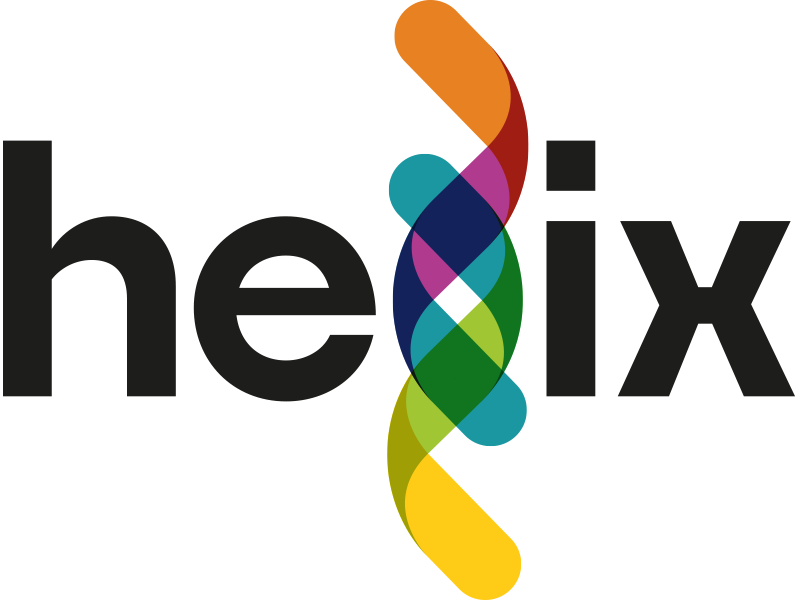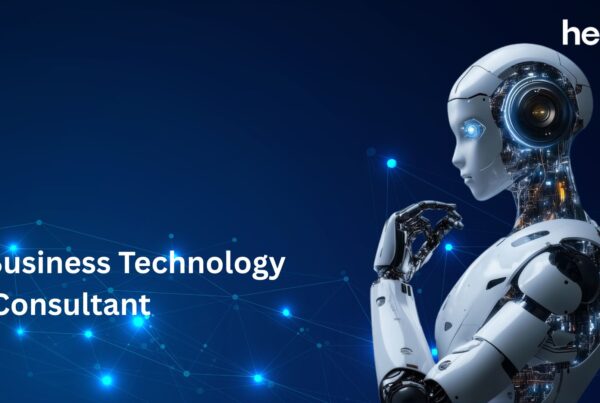Generative AI, a branch of artificial intelligence focused on creating new content, has seen explosive growth and innovation in 2024. From art and music to software development and marketing, generative AI is reshaping the landscape of creativity and industry. This month, significant advancements and applications of generative AI have captured the spotlight, showcasing its potential to revolutionise various fields.
What is Generative AI?
Generative AI refers to algorithms that can produce new content, such as images, music, text, and even complex data models. These algorithms, often powered by deep learning techniques, can analyze vast datasets and generate outputs that mimic human creativity. Popular models like OpenAI’s GPT-4, which powers conversational AI tools, and DALL-E, which creates images from textual descriptions, are prime examples of generative AI in action.
Breakthroughs in Generative AI
This month, OpenAI introduced GPT-5, the latest iteration of its generative pre-trained transformer model. GPT-5 boasts improved contextual understanding, allowing it to generate even more coherent and contextually relevant text. The model’s ability to engage in nuanced conversations and produce high-quality written content has significant implications for industries ranging from customer service to journalism.
In the visual arts, Stability AI launched a new version of its Stable Diffusion model, which can generate hyper-realistic images from textual prompts with unparalleled detail and accuracy. This advancement not only enhances creative possibilities for artists but also opens new avenues for marketing, design, and entertainment industries.
Generative AI in Music and Entertainment
One of the most exciting applications of generative AI is in the music industry. Companies like Amper Music and AIVA are using AI to compose original music, catering to various genres and moods. This month, Amper Music unveiled a new feature that allows users to customize compositions in real-time, providing a dynamic and interactive music creation experience.
In the film and gaming industries, generative AI is revolutionising content creation by generating realistic environments, characters, and narratives. This technology enables creators to produce high-quality content faster and more cost-effectively, pushing the boundaries of immersive storytelling.
Impact on Software Development
Generative AI is also making waves in software development. GitHub Copilot, an AI-powered code completion tool developed by GitHub and OpenAI, has been updated with advanced features that enhance its ability to assist developers. This month, the tool introduced multi-language support and improved contextual awareness, making it an indispensable asset for programmers around the world.
These advancements in generative AI are streamlining the coding process, reducing development time, and minimising errors. As a result, developers can focus more on innovation and problem-solving, leading to faster advancements in technology.
Ethical Considerations and Challenges
While the benefits of generative AI are immense, they come with ethical considerations and challenges. Issues such as intellectual property rights, the potential for creating deepfakes, and biases in AI-generated content are at the forefront of discussions. Ensuring that generative AI is used responsibly and ethically is crucial for its continued development and acceptance.
This month, major tech companies and researchers convened at the AI Ethics Summit to address these concerns. The summit emphasised the importance of transparency, accountability, and fairness in AI development. Initiatives to create standardised guidelines and regulations for the ethical use of generative AI were proposed, highlighting the industry’s commitment to responsible innovation.
The Future of Generative AI
The advancements in generative AI this month underscore its transformative potential across various sectors. As AI models become more sophisticated and capable, their applications will continue to expand, driving innovation and efficiency. From enhancing creative processes to revolutionizing industries, generative AI is poised to play a pivotal role in shaping the future.
In conclusion, generative AI is not just a technological trend but a fundamental shift in how we create and interact with content. The breakthroughs and applications seen this month are a testament to the rapid evolution of this field, promising a future where the synergy between human creativity and artificial intelligence unlocks unprecedented possibilities.



